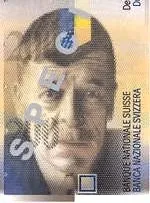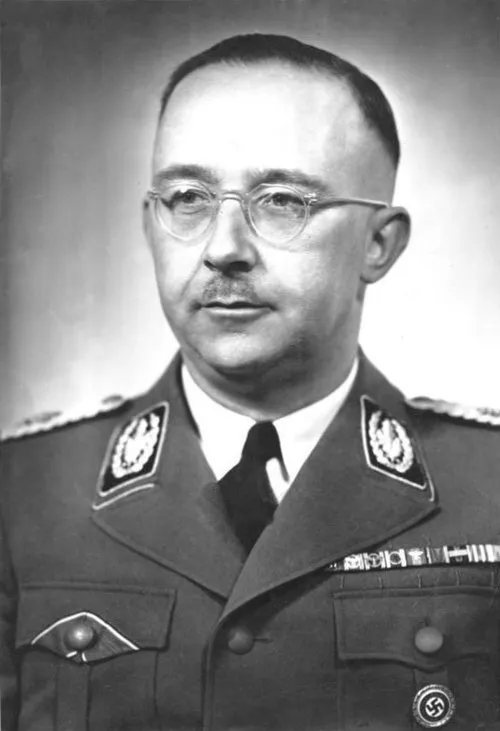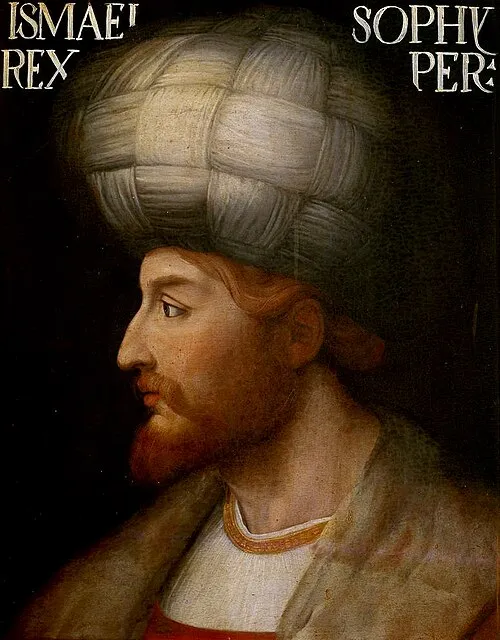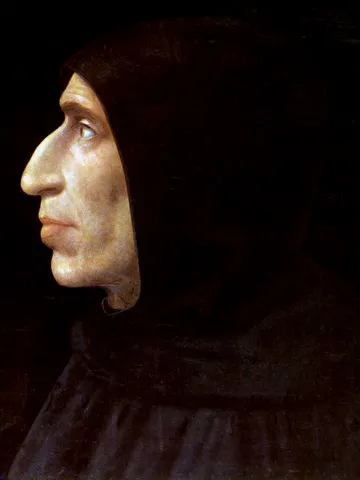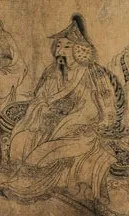
Name: Paul Fussell
Profession: Historian, author, and academic
Nationality: American
Birth Year: 1924
Notable Year: 2012
2012 – Paul Fussell, American historian, author, and academic (b. 1924)
The Life and Legacy of Paul Fussell: A Journey Through History
Paul Fussell, born in 1924, emerged as a pivotal figure in American historical discourse. His journey was anything but ordinary; it was intricately woven with the threads of war, literature, and an unwavering quest for truth. Raised during the tumultuous years leading to World War II, he was thrust into a world where the clash of ideals often dictated human destiny.
His academic career began not in the comfortable halls of ivy-league institutions but amidst the chaos of conflict. After enlisting in the U.S. Army during World War II, he found himself battling through Europe an experience that would leave indelible marks on his psyche and writings. Ironically, it was through such harrowing experiences that he developed an acute awareness of both the brutality and absurdity of war.
Upon returning from service, Fussell pursued higher education with fervor. He attended Harvard University and eventually earned his doctorate in English literature a move that perhaps seemed ordinary at first glance yet foreshadowed his extraordinary contributions to historical narrative style.
As an author, Fussell's voice resonated deeply with readers. His seminal work "The Great War and Modern Memory," published in 1975, redefined how we perceive World War I’s impact on literature and society. Perhaps one might argue that this book is more than just a historical account; it's a haunting reflection on how the memories shaped by trauma often linger long after conflicts cease.
The Conflict Between Reality and Perception
In his writings, Fussell had a knack for illuminating contradictions how reality could starkly differ from public perception or political rhetoric. For instance, while many hailed war as noble or honorable pursuits aimed at freedom or justice, he exposed its inherent absurdities through sharp wit and piercing critique.
This duality came to life when he tackled themes related to soldiers’ experiences versus societal romanticism surrounding combat. He argued fiercely against glorifying warfare without acknowledging its grim realities a sentiment increasingly relevant today amidst ongoing global conflicts where media narratives often gloss over harsh truths.
A Voice for Veterans
However and this is critical Fussell’s focus extended beyond mere literary analysis; he championed veterans' voices throughout his career! In doing so, he provided them with platforms to articulate their struggles post-combat experiences amid societal indifference toward mental health issues faced by returning soldiers.
The Irony of Recognition
As time progressed towards later years of his life the very profession celebrating him grew increasingly complex! One might wonder if posthumous recognition serves justice toward those who previously fought for dignity within their narratives? A Legacy Etched Beyond Academia- This question brings us back again into intersections between academia/literature/real-life experiences...




